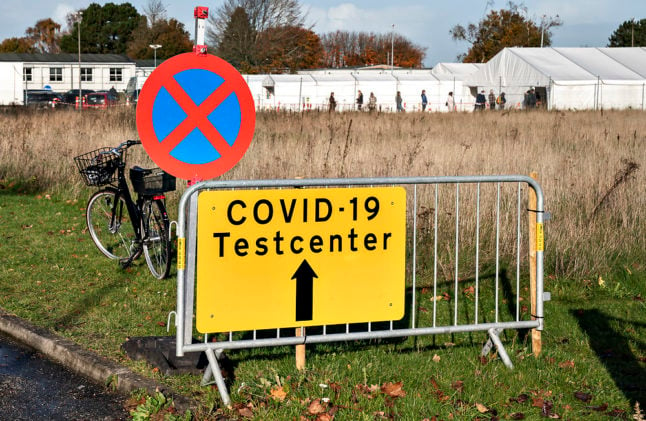The State Serum Institute (SSI), the country’s infectious disease agency, meanwhile registered 1,183 new cases of the virus from 75,856 tests. There are currently 251 inpatients with Covid-19 at Danish hospitals, 4 fewer than in the previous daily update.
Those numbers are in keeping with the level of infections in the country during the last week. The test positivity rate of 1.6 is also similar to that seen in recent days.
That reflects a stable situation with the virus in Denmark currently, according to Viggo Andreasen, professor in mathematical biology and epidemiology at Roskilde University.
“The number of new cases has been slightly increasing, but not in an alarming way,” Andreasen said.
“The figure confirms the impression that the epidemic is more or less stable,” he said.
Infection numbers have been rising in Denmark throughout the autumn and have exceeded numbers reported in the spring, with the caveat that far fewer tests were conducted during the country’s first wave of the pandemic.
SSI has estimated that around 3,000 cases per day would have been registered at the beginning of April if testing had been at 70,000 tests daily at the time.
Based on that estimate, the virus was more widespread in Denmark the spring than it is now.
This also correlates with the number of hospitalised patients, which was over 500 at the peak of the spring wave and currently stands at 251, though that number is twice as high as it was a month ago.
Andreasen said he expects further increases in infection numbers in the upcoming Christmas period.
“We have Christmas ahead of us, when we’re more likely to meet with more people than usual,” he said.
“That will transfer to more infections, unless there’s a political intervention to further tighten restrictions,” he added.
READ ALSO: Denmark to mass test West Jutland residents after cases linked to mink farms



 Please whitelist us to continue reading.
Please whitelist us to continue reading.
Member comments